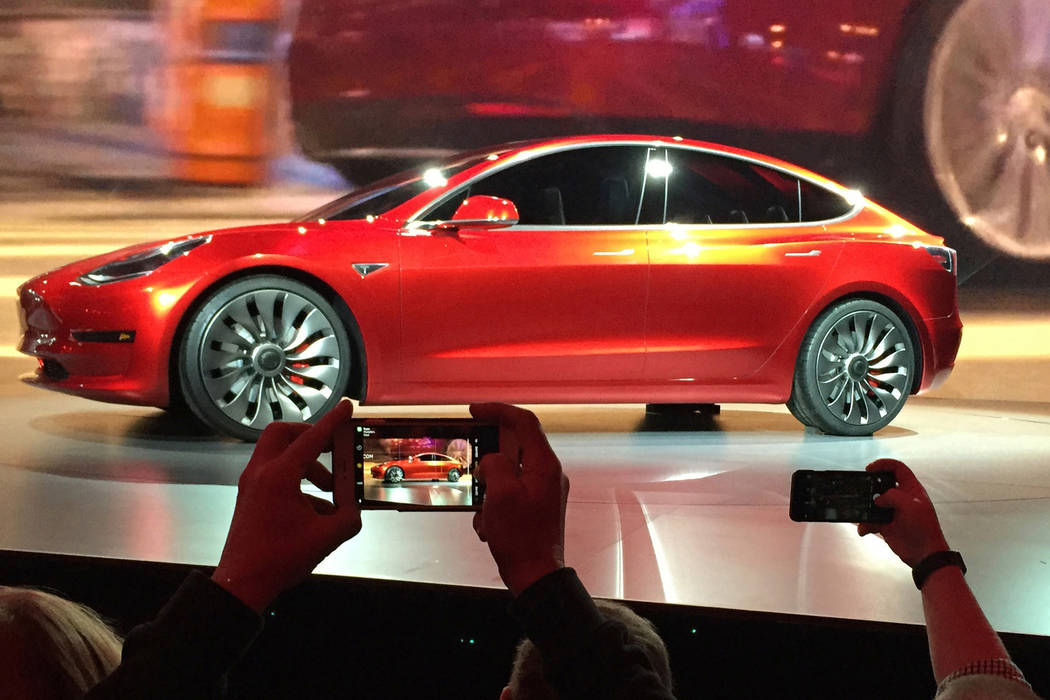EDITORIAL: Time for Congress to end plug-in subsidies
Democrats profess to be against “corporate welfare” while arguing in favor of massive new wealth taxes to ensure the “rich” pay their “fair share.” Why, then, do they also agitate to continue subsidizing automakers by offering tax credits for electric vehicle owners, most of whom are well-off?
For 30 years, the federal government has been showering largess on car companies to encourage the development of plug-in and hybrid vehicles. In 2009, as part of the Obama administration’s stimulus package, Congress sweetened the pot by passing a $7,500 tax credit for EV owners. The credit was supposed to be temporary, maxing out at 200,000 vehicles per automaker.
A decade later, GM and Tesla have surpassed the mark. Others are on the verge of having the credit eliminated. Without the tax break, sales of such vehicles typically plummet. In China, they fell 14 percent in July upon elimination of government cash; in Denmark, sales dropped more than 60 percent in early 2017 after the phase out of a tax break. So, naturally, car companies are now arm-twisting Congress to extend the federal handout. Problem is, the program is an expensive sop to the rich and does virtually nothing to combat global warming.
The average price of an electric vehicle is now about $36,000, often beyond the reach of low- and middle-income drivers. According to the Congressional Research Service, nearly 80 percent of households claiming the credit had an annual income exceeding $100,000. In addition, the program is rife with fraud. The Wall Street Journal reported this year that the IRS rebated nearly $74 million to “undeserving” owners from 2014 through 2019.
Meanwhile, electric vehicles have their own carbon footprint stemming from their production and fuel sources. The juice to charge batteries must originate from something — and that something remains fossil fuels in most cases. Technological and other advances may eventually alter the equation, but at this point, the “widespread introduction of EVs, by itself, is insufficient to lead to reduced carbon emissions from the transport sector,” Jack Barkenbus, a visiting scholar at Vanderbilt University’s Institute for Energy and Environment, wrote in 2017.
Electric vehicles remain a small part of overall auto sales in the United States. But if car executives believe the future of the industry depends on the development of alternatives to the internal combustion engine, fine. And if consumers believe it’s in their best interests to drive an electric vehicle, they have a dozen options to choose from. But it’s time for Congress to hide the crutches and end the EV handouts that distort the market and end up in the pockets of those who least need them.

















